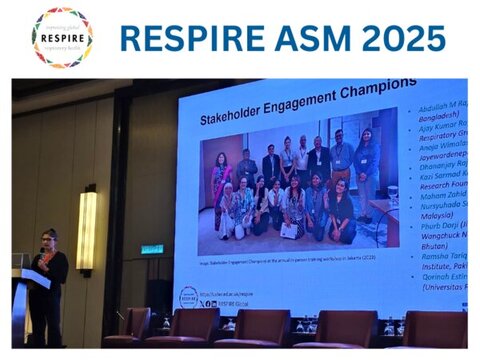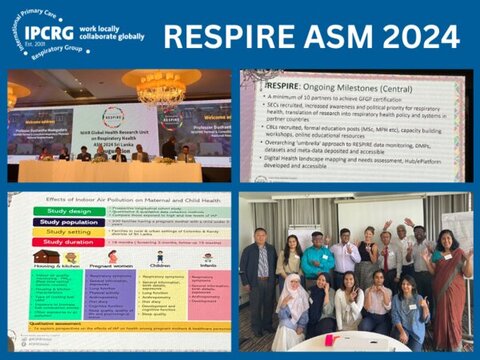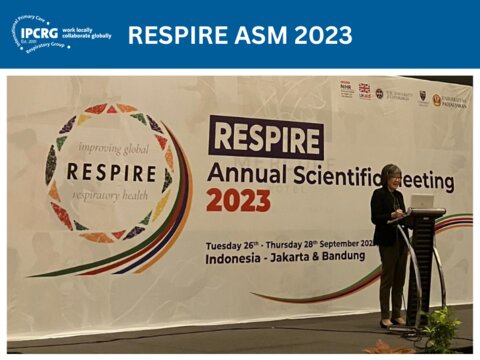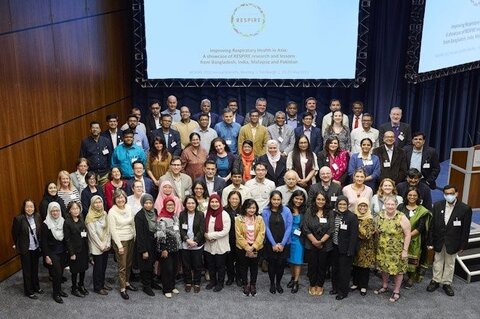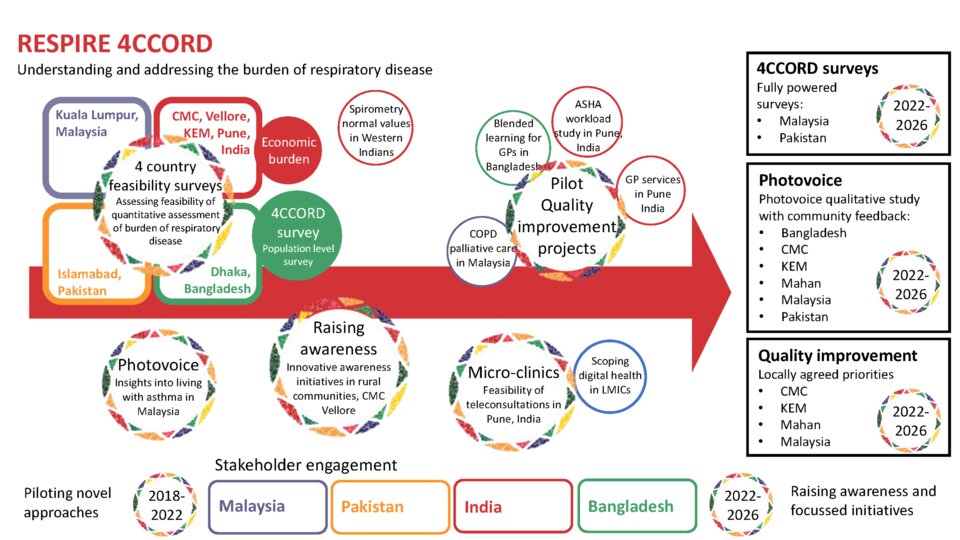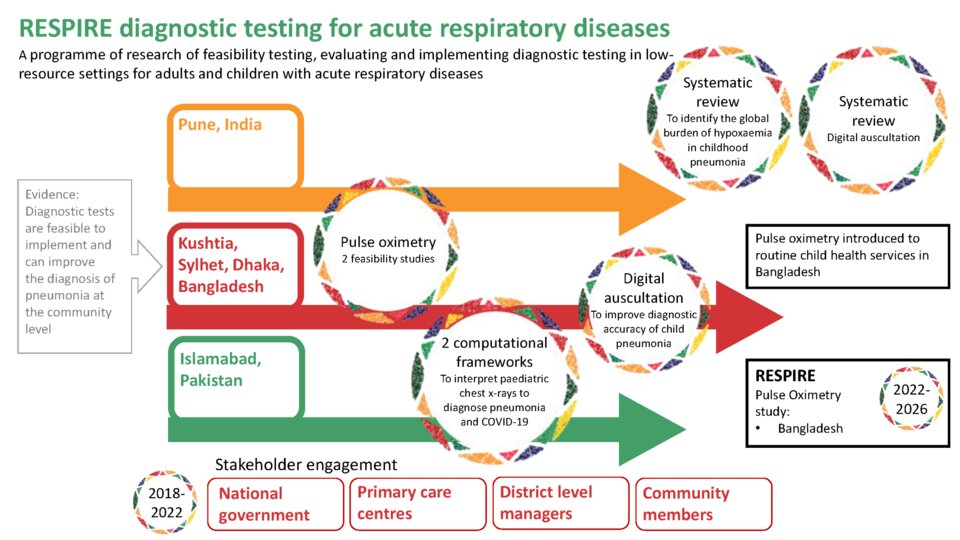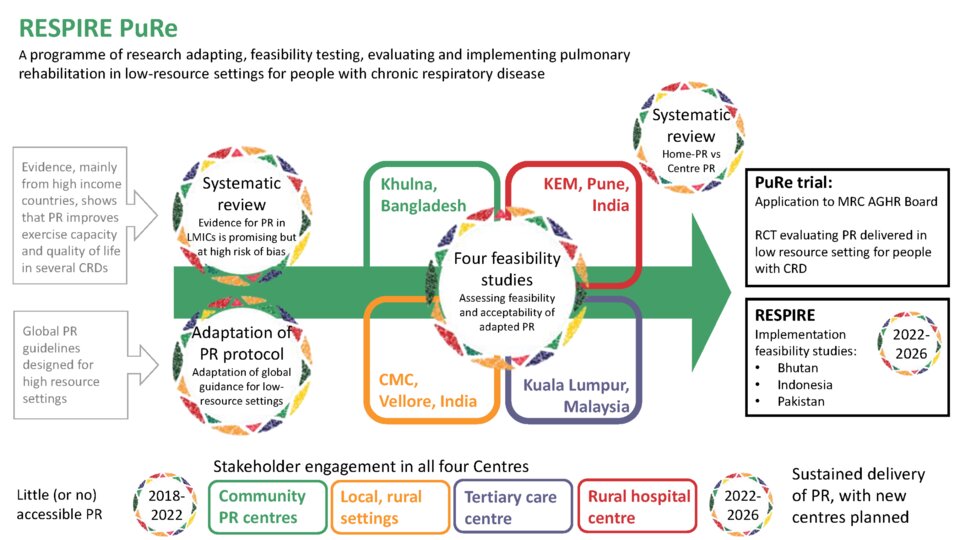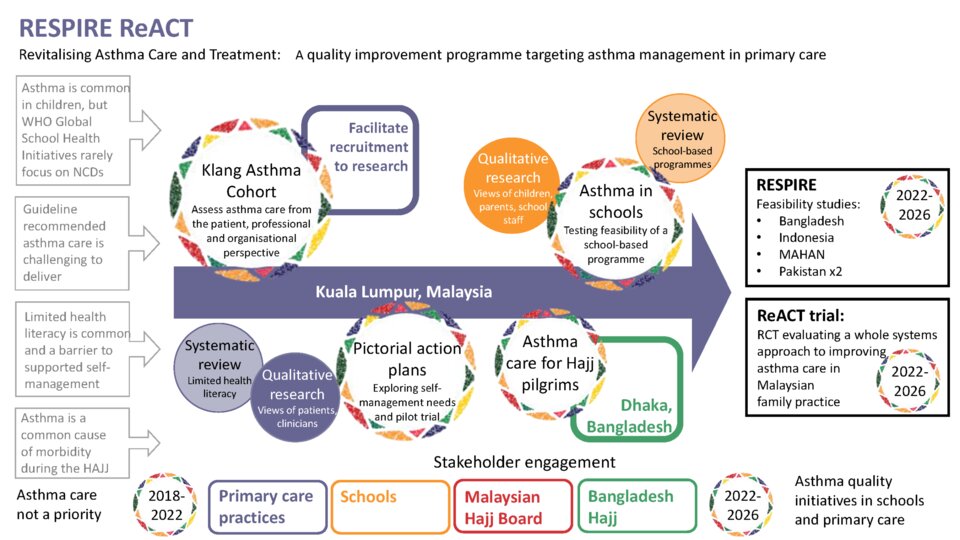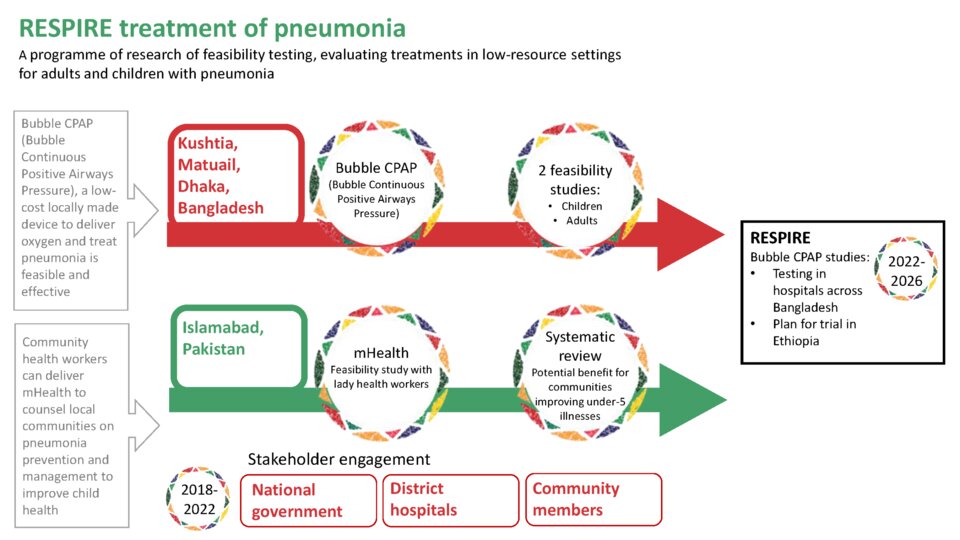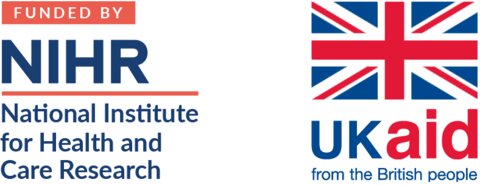NIHR Global Health Research Unit on Respiratory Health (RESPIRE)
What is RESPIRE?
Funded by the National Institute for Health and Care Research (NIHR), RESPIRE is a global health research unit co-led by The University of Edinburgh and Universiti Malaya, focusing on respiratory health in Asia.
IPCRG is a partner of RESPIRE, working with IPCRG colleagues and other partner organisations in Bangladesh, Bhutan, India, Indonesia, Malaysia, Pakistan, Sri Lanka and the UK. Together, we collaborate to deliver low-cost, scalable policy and clinical interventions to reduce respiratory disease and death in Asia.
The term "respiratory disease" covers a range of conditions which affect the lungs and breathing.
They can be acute conditions (short-term, typically starting suddenly) or chronic conditions (long term). Both have significant implications for the health and economy of countries across the globe.
From IPCRG, Siân Williams co-leads Platform I: Stakeholder Engagement & Community Engagement and Involvement with Sanjay Juvekar from Vadu Rural Health Programme, KEM Hospital Research Centre in India. The role is to help partners across Asia map and analyse stakeholders and develop appropriate activities to enable them to contribute throughout the research process from problem identification and prioritisation, to implementation, data analysis, interpretation of results, dissemination and planning for sustainability of the research and its findings to maximise impact.
Vision
To reduce the number of deaths and wider health and social impacts from respiratory diseases in Asia.
Aims of RESPIRE
The world-leading unit will:
- Build research capacity in low- and middle-income countries (LMICs)
- Ensure research is driven by the needs/priorities of LMIC populations
- Build equitable/respectful partnerships
- Engage stakeholders, including communities
- Strengthen capacity to translate research findings into impact
How will RESPIRE achieve its aims?
RESPIRE's projects are thematicaly gropuped into three Programmes of research. The first programme focuses on infectious diseases such as pneumonia. The second programme looks at non-communicable diseases, which develop and worsen over time. This latter group includes diseases such as asthma, chronic obstructive lung disease (COPD) and lung cancer. The third programme looks at preventable risk factors - including tobacco smoking and exposure to poor air quality.
In addition to the Programmes of research, RESPIRE's supporting platforms increase the ability of their partners to plan, undertake and implement the findings of research in their unique contexts. These three platforms focus on
- how to work with partners (Stakeholder Engagement & Community Engagement and Involvement)
- increasing the number of health professionals and researchers who are trained to undertake high quality research (Capacity Building, Education & Training)
- maximising the uses that research data can be put to in safe and secure ways (Open Science, Data & Methodologies), and
- Strengthen rapid innovation capacity (Digital Health and Innovation).
All Programmes and Platforms are co-led by two RESPIRE Partners, one based in the UK and the other based in one of the seven partner countries - Bangladesh, Bhutan, India, Indonesia, Malaysia, Pakistan, and Sri Lanka. Each research project is led and implemented by local project teams, and draw on support from a network of colleagues from across the Programmes and Platforms.
IPCRG partners
Bangladesh Primary Care Respiratory Society
Universiti Malaya, including our IPCRG director Ee Ming Khoo
Allergy and Asthma Institute, Pakistan led by Osman Yusuf, life member of IPCRG
Sundeep Salvi and colleagues, Pune
Publications included here (updated December 2024).
Find out more about RESPIRE at https://usher.ed.ac.uk/respire

